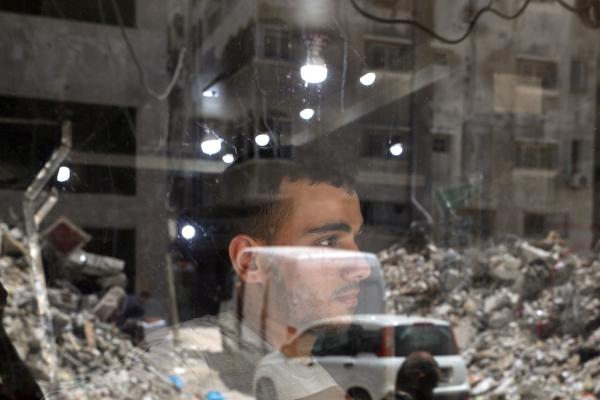May 20, 2021
The images of civilian deaths and escalating violence in Israel and Palestine are heartbreaking. As this moral, political, and humanitarian catastrophe continues, we must urge our elected leaders to call for an immediate cessation of the current wave of violence, while also building the political will to interrogate the root causes of the crisis.
Read the Full Article

Already a subscriber? Login
